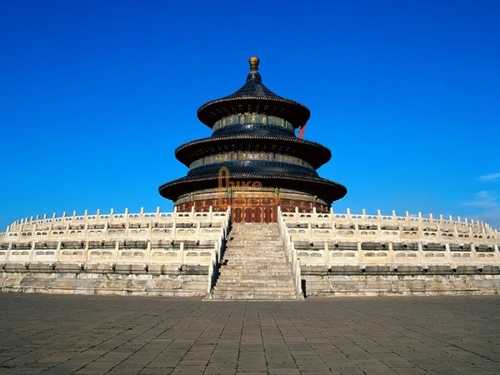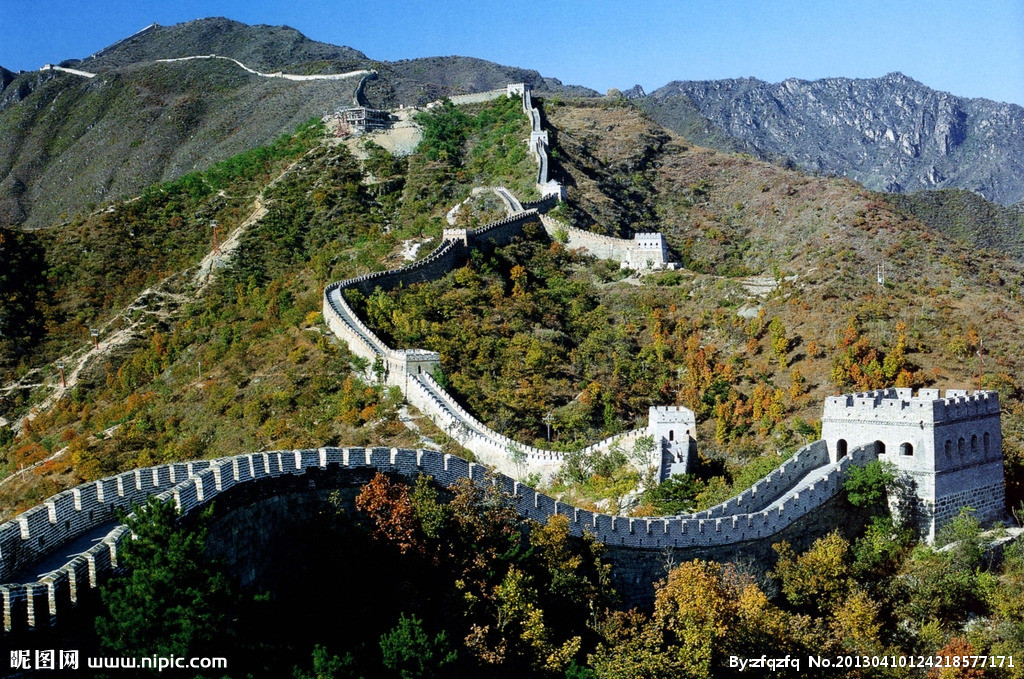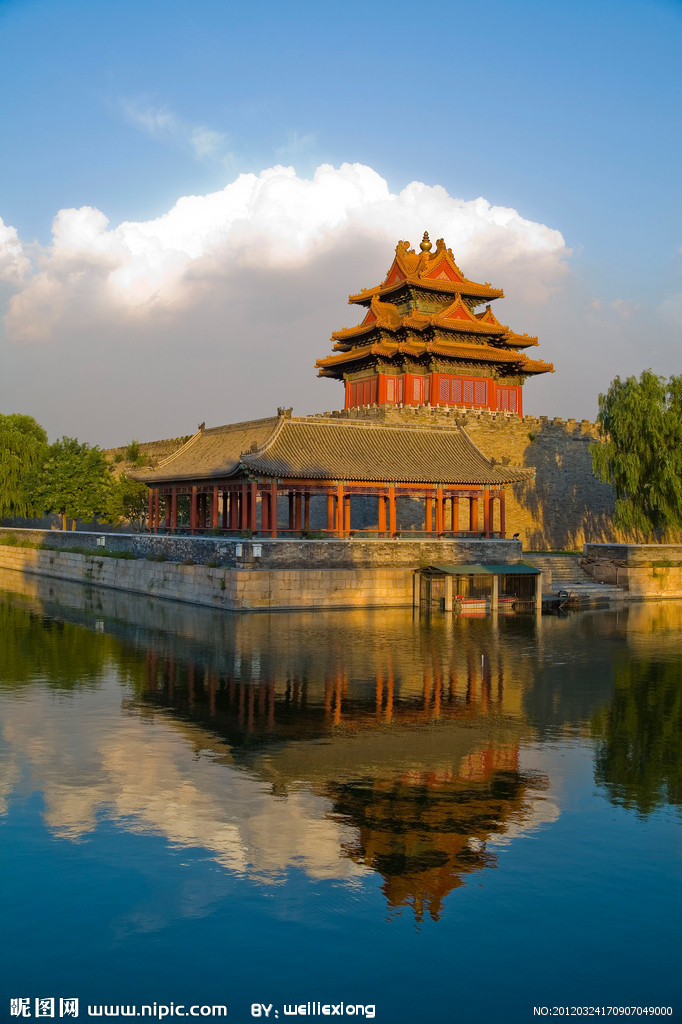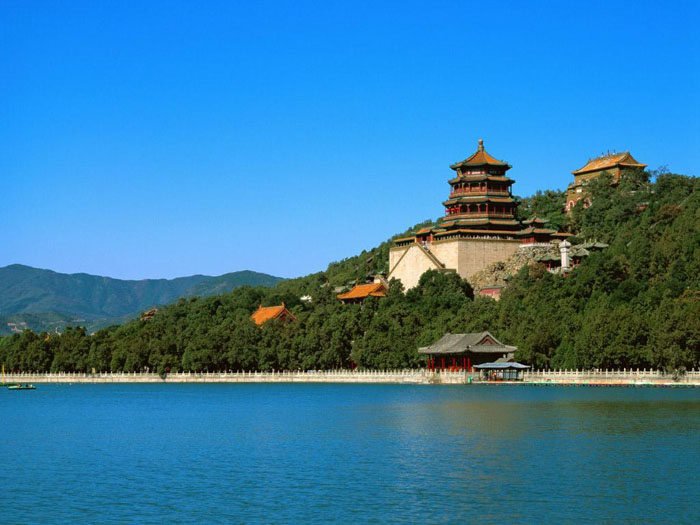By H.E. Cao Xiaolin
Ambassador of the People’s Republic of China to the Kingdom of Tonga
The Hunga Tonga-Hunga Ha’apai volcanic eruption with the tsunami in January this year reminded us that there are more and more global challenges in the world nowadays. At the same time, uncertainties are apparently mounting amid the rising volatility in the international situation. The Ukraine crisis has dragged on for more than one month, and the overwhelming majority of the international community hope to promote peace talks and stop hostilities as soon as possible. With the evolving situation, the spillover effects of the Ukraine crisis are spreading across the globe.
As one of the five permanent members of the United Nations Security Council and the second largest economy in the world, China has played a constructive role to facilitate dialogue for peace and has worked alongside the international community to carry out necessary mediation to address the Ukraine crisis. I would like to take this opportunity to introduce the China’s position and principles on this matter to Tongan friends.
As a Chinese proverb puts it, it takes more than one cold day to freeze three feet of ice. The Ukraine crisis has a complex and special historical context, and it is the byproduct of cold-war mentality and bloc politics. China holds that one country’s security should not come at the expense of other countries’ security. And regional security should not rely on reinforcing or even expanding military blocs. China stands for peace and opposes war, makes a conclusion independently based on the merits of each matter, advocates upholding international law and universally recognized norms governing international relations, adheres to the UN Charter and promotes the vision of common, comprehensive, cooperative and sustainable security.
China’s position on the Ukraine crisis can be summarized as four “Shoulds”. First, the sovereignty and territorial integrity of all countries should be respected. Second, the purposes and principles of the UN Charter should be observed. Third, the legitimate security concerns of the parties involved should be taken seriously. Fourth, every effort conducive to peaceful resolution of the crisis should be supported.
Since the outbreak of the crisis, China has been actively facilitating dialogue for peace. On the second day of the conflict, President Xi Jinping spoke to Russian President Vladimir Putin on the phone and expressed China’s desire to see Russia and Ukraine hold peace talks as early as possible. President Putin responded positively, and Russia and Ukraine have since had several rounds of talks. Afterwards, President Xi also exchanged views with leaders of many countries and international organizations including France, Germany, European Council and European Commission, and emphasized China’s support for peace talk.
It is worth mentioning that President Xi had a video call with US President Joe Biden on 18th March 2022. During the call, President Xi pointed out that, countries should not come to the point of meeting on the battlefield, conflict and confrontation are not in anyone’s interest, and peace and security are what the international community should treasure the most. The more complex the situation, the greater the need to remain cool-headed and rational. Whatever the circumstances, there is always a need for political courage to create space for peace and leave room for political settlement. China and the US should shoulder international responsibilities and work for world peace and tranquility. The pressing priority is to keep the dialogue and negotiation going, avoid civilian casualties, prevent a humanitarian crisis, and cease hostilities as soon as possible. An enduring solution would be for major countries to respect each other, reject the Cold War mentality, refrain from bloc confrontation, and build a balanced, effective and sustainable security architecture step by step for the region and for the world.
China has no selfish interest nor hidden agenda on the Ukraine crisis, and always upholds fairness and justice. In order to avoid large-scale humanitarian crisis, Chinese State Councilor and Foreign Minister Wang Yi has put forward a six-point initiative on the humanitarian situation in Ukraine, namely: First, make sure that humanitarian operations abide by the principles of neutrality and impartiality, and avoid politicizing humanitarian issues. Second, give full attention to the displaced persons in and from Ukraine, and provide them with proper shelter. Third, ensure the protection of civilians, and prevent secondary humanitarian disasters in Ukraine. Fourth, provide for safe and smooth humanitarian aid activities, including providing rapid, safe and unimpeded humanitarian access. Fifth, provide for the safety of foreign nationals in Ukraine, allow them safe departure and help them return to their home countries. Sixth, support the UN’s coordinating role in channeling humanitarian aid and the work of the UN Crisis Coordinator for Ukraine. The Chinese Red Cross has also provided several batches of emergency humanitarian aid to Ukraine.
In the meantime, China holds that when addressing regional and international hot-spot issues, war and sanctions are not the only options, and dialogue and negotiation is the fundamental way out. Developing countries, which make up the majority of the world, are not parties to this conflict. They should not be drawn into the issue, forced to take sides, and suffer the consequences of geopolitical conflicts and major power rivalry. Certain countries ignored the root cause of the crisis, and continuously expand comprehensive and indiscriminate sanctions. This has already and will continuously hamper the global trade, finance, energy, food and supply chains. With the skyrocketing prices of fuel and goods, the normal lives of people around world have been seriously affected. Sanctions will do no good to the deescalation of the situation and resolution of the problem, but only bring more burden to the shambling world economy. I think my Tongan friends must have also felt the strong impacts brought by the sanctions.
Both China and Tonga are developing countries. It is our consensus and common interests to respect every country’s sovereignty and territorial integrity, and to uphold the purposes and principles of UN Charter. China stands ready to join hands with Tonga and all the other peace-loving developing countries to facilitate peace talks, and continue making contributions to promote world peace and prosperity.



